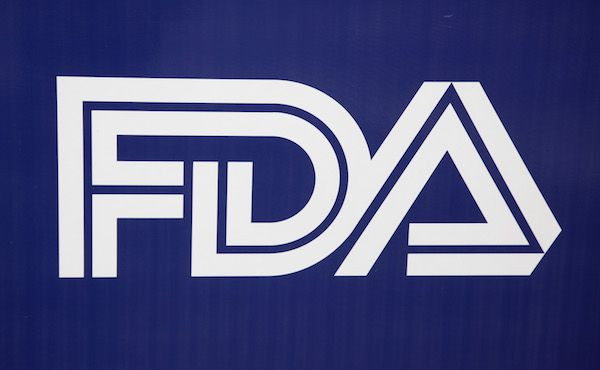Why These Drugs Have Caught the FDA's Eye

About 11 percent of the US population has diabetes; 20 percent have acid reflux. And, lots of people with diabetes have acid reflux.
Because so many people have these conditions, we offer this head's up about medicines you might be taking, and the problems linked to them. The US Food and Drug Administration is investigating to determine if they pose a danger to consumers.
The FDA publishes a quarterly list of “potential safety concerns based on reports submitted by consumers and healthcare professionals through the FDA Adverse Event Reporting System (FAERS),” Rosanna Sutherby, PharmD, a community pharmacist in North Carolina told Medical Daily in an email. But making the list doesn't mean anyone taking these drugs should toss them out. “The FDA uses this information, reports from other databases, and published research to determine if further action is needed,” Dr. Sutherby said.
Under investigation
A group of drugs called proton pump inhibitors, which include Dexilant, Nexium, Prevacid, Prilosec, Protonix, and Zegerid and are commonly prescribed for reflux, appeared on the first two quarterly lists of 2020. “PPIs have been reported to cause hormone disorders that may lead to low calcium levels or cause your body to retain too much water. Abnormal calcium levels can affect everything from bone health, muscle contractions, to heart function. Retaining too much water…may lead to low blood sodium levels. Symptoms of low blood sodium may range from nausea and vomiting to seizures and coma, in severe cases,” Dr. Sutherby said.
Another drug class on the past three quarterly FDA safety signal lists is glucagon-like peptide 1 (GLP-1) receptor agonists, which are diabetes medicines and include Bydureon, Byetta and Saxenda. “There have been reports of these drugs causing low blood sugar or high ketone levels," said Dr. Sutherby. Decreased platelet levels have been the subject of some reports. "If left untreated, any of these conditions can be potentially life-threatening,” she said.
These medicines can create other issues. These diabetes medicines “may increase the risk of hypoglycemia, especially when used with other [diabetes medicines that lower blood sugar]," Alireza Hayatshahi, PharmD, Associate Professor at Loma Linda University School of Pharmacy told Medical Daily by email. By themselves, Dr. Hayatshahi added, the risk of developing hypoglycemia, very low blood sugar levels, "is less than 5 percent."
Listed on another quarterly report were medicines called fibrates, which lowere cholesterol. These drugs have the potential to injure the liver. “[Fibrates] may cause liver damage especially when they are used in combination with other drugs that may cause liver damage,” said Dr. Hayatshahi.
People taking fibrates should have regular blood tests to make sure their liver is functioning well, said Dr. Sutherby. “People who already have liver disease should not take fibrates and may want to talk to their healthcare provider about alternative methods for managing their cholesterol."
But the message is out there about fibrates. "I have seen fewer prescriptions for fibrate, in general. Also, I no longer see patients taking fibrates in combination with statins, which would increase their risk for liver toxicity.”
The Take Home
Consumers need to speak with their pharmacist or healthcare provider about any problems with these drugs,” said Dr. Sutherby. However, she said, people should not stop taking any medicines without talking with their doctor first. Sometimes, drugs interact with each other, causing side effects. People need to let their doctors and pharmacists know which medicines they take, said Dr. Sutherby.
Sometimes, said Dr. Hayatshahi, a healthcare provider can change the medicine to something similar medicine that would be tolerated better, or how often the medicine is taken or even the dose.
Published by Medicaldaily.com



























